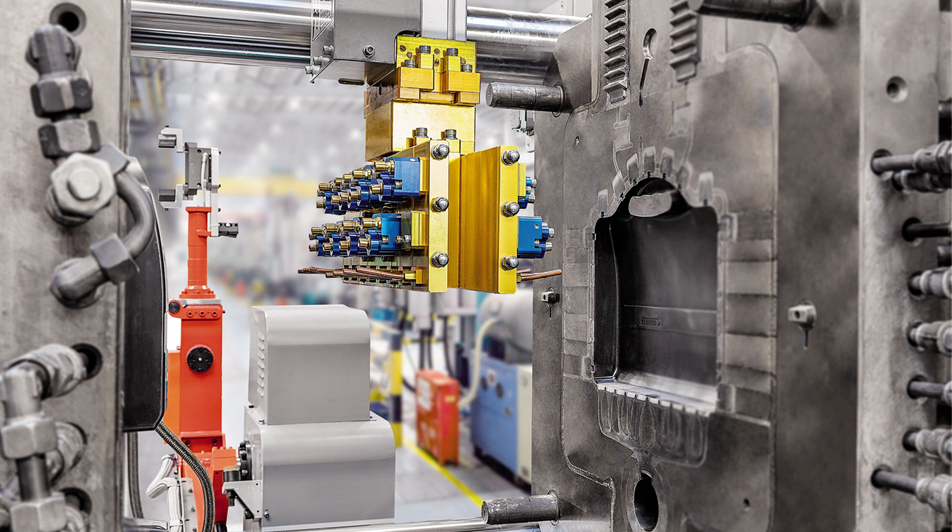CNC stands for Computer Numerical Control, and it refers to a computerized system used to control machine tools. This technology has revolutionized manufacturing processes by automating and increasing precision in various industries such as automotive, aerospace, and electronics.
In the early days of machining, operators manually controlled machine tools by using levers, wheels, and dials. This method was time-consuming, required skilled operators, and led to inconsistencies in the final product. However, with the advent of CNC technology, machining has become more efficient and accurate.
A CNC system consists of a computer, software, and machinery. The computer runs a program that instructs the machine on how to move and perform various tasks. The software converts the design specifications into a language that the machine can understand, known as G-code. This code contains a set of commands that dictate the movements, speeds, and tool changes required for the machining process.
CNC machines can perform a wide range of operations, including cutting, drilling, milling, and turning. They can work with a variety of materials, such as metals, plastics, and wood. The ability to precisely control the movements of the machine tool allows for intricate and complex designs to be created with ease.
One of the main advantages of CNC technology is its ability to automate processes. Once the program is set up, the machine can run continuously without the need for human intervention. This significantly reduces labor costs and increases productivity. Additionally, CNC machines can operate at high speeds, resulting in shorter production times and faster turnaround.
The precision and accuracy of CNC machines are unparalleled. They can consistently produce parts to tight tolerances, ensuring that every piece meets the required specifications. This level of precision is crucial in industries where even a small deviation can lead to product failure or performance issues.
CNC machines offer flexibility and versatility. With the use of different tooling and programming, they can produce a wide variety of parts, each with unique shapes and sizes. This flexibility allows manufacturers to quickly adapt to changing market demands and produce customized products efficiently.
In recent years, advancements in CNC technology have introduced additional features and capabilities. For example, some machines now incorporate advanced sensors and monitoring systems that can detect and correct errors in real-time. This self-correcting capability minimizes waste and ensures consistent quality throughout the production process.

CNC machines can be integrated with other technologies such as robotics and automation systems. This integration allows for seamless collaboration between different machines, resulting in a more streamlined and efficient production line.
CNC technology has transformed the manufacturing industry by providing precise, automated, and flexible solutions. From mass production to custom-made parts, CNC machines have become an indispensable tool in modern manufacturing processes. As industries continue to evolve, CNC technology will undoubtedly play a pivotal role in shaping the future of manufacturing.
-

- Bahagian & komponen die-casted OEM
-

- Magnesium aloi die casting pemindahan bahagian auto kes
-

- High precision magnesium thixomolding components laptop housing cover A
-

- Magnesium aloi Thixomolding bahagian untuk perumah mesin sedutan oksigen
-

- Die-casting aloi magnesium Perumah pengawal bahagian Auto
-

- OEM die-casting components & parts

 0086-750-5616188
0086-750-5616188 +86 13392089688
+86 13392089688 sales@zhongmei-tech.com
sales@zhongmei-tech.com







